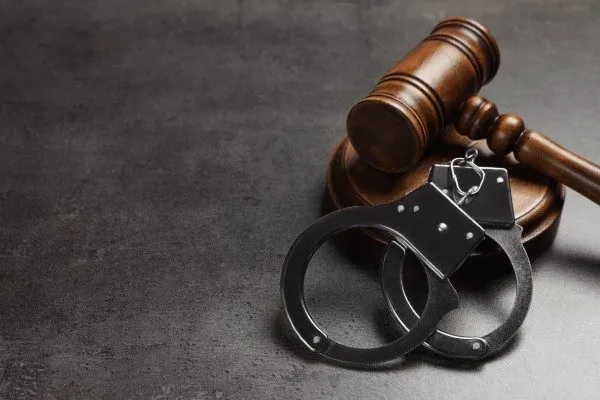Facing a criminal charge in Massachusetts is often overwhelming. Even for individuals who have never stepped inside a courtroom, the process can feel intimidating and confusing. From the initial arrest through trial or resolution, every step has potential consequences that can affect a person’s freedom, finances, and future opportunities. Understanding how the system works is the first step in making informed decisions when accused of a crime.
How the Criminal Process Begins
In Massachusetts, criminal proceedings usually begin with either an arrest or a summons. Police may make an arrest when they believe they have probable cause that a crime has been committed. In other instances, a person receives a summons requiring them to appear in court for an arraignment.
At the arraignment, charges are formally presented, and the individual must enter a plea of guilty, not guilty, or no contest. The arraignment also sets the stage for what comes next: pre-trial hearings, possible motions to suppress evidence, and sometimes a trial before a judge or jury.
Common Criminal Charges Across Massachusetts
Residents in Boston, Quincy, and Attleboro see a range of criminal cases move through the local courts every day. Among the most common are:
- Assault and Battery – ranging from simple fights to more serious allegations involving weapons.
- Drug Crimes – possession, distribution, or trafficking charges that can vary greatly in severity depending on the substance and amount.
- Property Crimes – including theft, shoplifting, burglary, and vandalism.
- Domestic Violence – cases involving family or household members, often carrying additional protective order implications.
- OUI/DUI Offenses – operating a vehicle under the influence of alcohol or drugs, which can result in license suspensions and mandatory education programs.
Each type of charge comes with its own penalties, and Massachusetts laws often provide enhanced punishment for repeat offenders.
Why Legal Representation Is Essential
Although some individuals consider representing themselves, navigating Massachusetts courts without legal help can be risky. The laws are complex, and prosecutors are trained to build strong cases. A Massachusetts Criminal Defense Lawyer can evaluate the details, ensure constitutional rights are protected, and pursue strategies to reduce penalties or seek dismissal when possible.
For example, in Boston Municipal Court, a criminal defense attorney may be able to negotiate diversion programs for first-time offenders. In Quincy or Attleboro District Courts, plea bargains may resolve certain misdemeanor charges without the need for trial. These options are not always available to individuals who appear without representation.
OUI and DUI Cases Require Extra Attention
One area that deserves particular focus is alcohol-related offenses. Massachusetts is one of the few states that uses the term OUI, or Operating Under the Influence. A conviction can result in fines, license suspension, and in some cases, jail time. Beyond the legal penalties, drivers may face higher insurance rates, loss of professional opportunities, and personal stigma.
Working with a Massachusetts DUI Lawyer can help individuals challenge evidence such as breathalyzer results, question the legality of traffic stops, and explore defenses based on medical conditions or improper testing procedures.
Protecting Your Rights in Massachusetts Courts
Everyone accused of a crime in Massachusetts is presumed innocent until proven guilty. Defendants also have critical rights, including the right to remain silent and the right to an attorney. Exercising these rights is often the best way to avoid self-incrimination and to ensure that police and prosecutors follow proper procedures.
Even minor charges can have lasting consequences if handled improperly. A shoplifting conviction, for example, may seem insignificant but can show up on background checks and affect employment opportunities.
Long-Term Implications of a Conviction
A criminal record in Massachusetts can extend far beyond the immediate penalties. It can influence housing applications, student loan eligibility, professional licenses, and even international travel. Some charges may be eligible for expungement or sealing after a certain period, but not all. This makes the outcome of a case critical to future opportunities.
How Local Courts Differ
Massachusetts has multiple district and superior courts, and local practices can vary. What works as a defense strategy in Boston might differ slightly in Quincy or Attleboro. Judges may also approach sentencing differently depending on the court and the details of the case. Having an attorney familiar with local procedures can make a significant difference in how a case is resolved.
Conclusion
Being charged with a crime in Massachusetts is never something to take lightly. Whether the accusation involves a minor offense or a serious felony, understanding the process and seeking guidance early can shape the outcome. From arraignment to possible trial, every step carries weight.
With the assistance of a qualified Massachusetts Criminal Defense Lawyer, and when necessary, a focused Massachusetts DUI Lawyer, individuals can better protect their rights and work toward the most favorable resolution possible.
Disclaimer: This article is for informational purposes only and does not constitute legal advice.

































